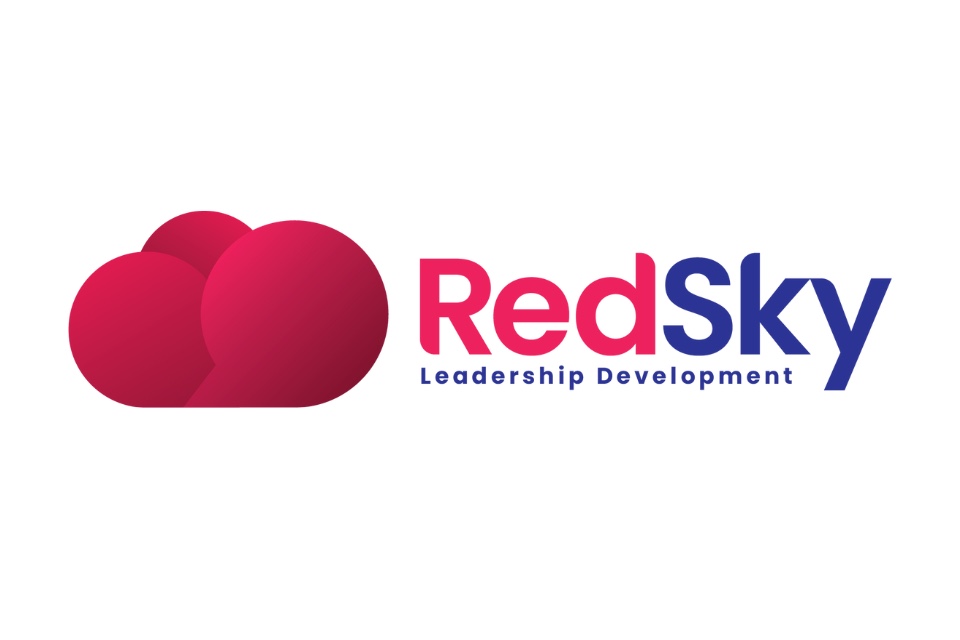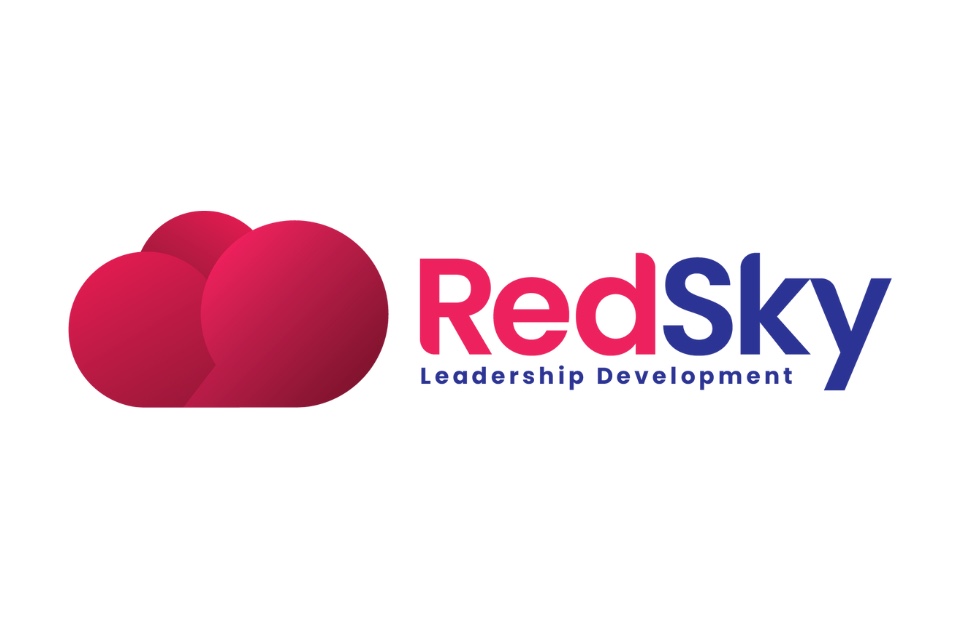Leadership development is increasingly about shaping leaders who can create inclusive, equitable, and innovative organisations. For HR professionals across both the private and public sectors, building diverse leadership pipelines and ensuring fair access to development opportunities has become a strategic imperative.
The Case for Inclusive Leadership
The evidence is clear: organisations with diverse leadership teams outperform peers on innovation, decision-making, and financial returns. But while diversity at entry levels is improving, many organisations still face a ‘broken rung’ when it comes to progression into leadership. This challenge is compounded by unconscious bias, inconsistent access to development opportunities, and a lack of representation in senior role models.
Inclusive leadership development aims to change this narrative by embedding fairness and equity into every stage of the pipeline.
Designing Equitable Programmes
Forward-thinking HR teams are moving away from one-size-fits-all leadership training. Instead, they’re designing programmes that recognise and address the barriers faced by underrepresented groups. For example:
- Targeted sponsorship and mentoring for women, ethnic minority, and disabled employees.
- Accessible learning formats, including hybrid or asynchronous modules, to support those with caring responsibilities or non-traditional work patterns.
- Bias-aware assessment processes, ensuring potential is recognised alongside performance.
These measures help ensure that high-potential talent doesn’t slip through the cracks.
Embedding Inclusive Behaviours
Developing inclusive leaders isn’t just about who gets access to programmes: it’s also about what those programmes teach. Leading organisations are embedding modules on cultural intelligence, active allyship, psychological safety, and inclusive decision-making into leadership curricula.
Virtual simulations and scenario-based training are proving especially effective, allowing leaders to practise responding to real-world challenges such as managing microaggressions, balancing diverse perspectives, or addressing inequities in team dynamics.
Measuring Progress
To prove impact, HR teams are tracking diversity metrics at each leadership stage, from nominations to promotions, and aligning programme outcomes with broader ESG and workforce inclusion goals. Employee engagement surveys, retention data, and progression rates for underrepresented groups provide further insight into whether inclusive leadership is driving change.
A Strategic Imperative
In an environment where stakeholders, from employees to regulators, expect accountability on diversity and inclusion, inclusive leadership is no longer optional. For HR leaders, the challenge is to ensure leadership development programmes don’t just prepare individuals to lead teams, but to lead inclusively, creating workplaces where every voice is heard, valued, and empowered.
By embedding inclusivity into leadership pipelines and pathways, organisations can unlock both social impact and competitive advantage.
Are you searching for Leadership Development solutions for your organisation? The HR Summit can help!
Photo by KOBU Agency on Unsplash









